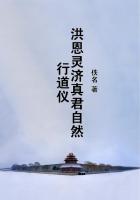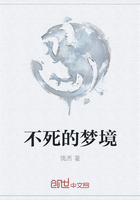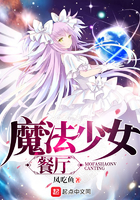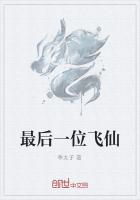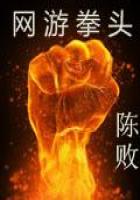As a specimen of the revolutionary pamphlets circulated by the propagandists and agitators I may give here a brief account of one which is well known to the political police. It is entitled Khitraya Mekhanika (Cunning Machinery), and gives a graphic picture of the ideas and methods employed. The mise en scene is extremely ******. Two peasants, Stepan and Andrei, are represented as meeting in a gin-shop and drinking together. Stepan is described as good and kindly when he has to do with men of his own class, but very sharp-tongued when speaking with a foreman or manager. Always ready with an answer, he can on occasions silence even an official!
He has travelled all over the Empire, has associated with all sorts and conditions of men, sees everything most clearly, and is, in short, a very remarkable man. One of his excellent qualities is that, being "enlightened" himself, he is always ready to enlighten others, and he now finds an opportunity of displaying his powers.
When Andrei, who is still unenlightened, proposes that they should drink another glass of vodka, he replies that the Tsar, together with the nobles and traders, bars the way to the throat. As his companion does not understand this metaphorical language, he explains that if there were no Tsars, nobles, or traders, he could get five glasses of vodka for the sum that he now pays for one glass. This naturally suggests wider topics, and Stepan gives something like a lecture. The common people, he explains, pay by far the greater part of the taxation, and at the same time do all the work; they plough the fields, build the houses and churches, work in the mills and factories, and in return they are systematically robbed and beaten. And what is done with all the money that is taken from them? First of all, the Tsar gets nine millions of roubles--enough to feed half a province--and with that sum he amuses himself, has hunting-parties, and feasts, eats, drinks, makes merry, and lives in stone houses. He gave liberty, it is true, to the peasants; but we know what the Emancipation really was. The best land was taken away and the taxes were increased, lest the muzhik should get fat and lazy. The Tsar is himself the richest landed proprietor and manufacturer in the country. He not only robs us as much as he pleases, but he has sold into slavery (by forming a national debt) our children and grandchildren. He takes our sons as soldiers, shuts them up in barracks so that they should not see their brother-peasants, and hardens their hearts so that they become wild beasts, ready to rend their parents. The nobles and traders likewise rob the poor peasants. In short, all the upper classes have invented a bit of cunning machinery by which the muzhik is made to pay for their pleasures and luxuries. The people will one day rise and break this machinery to pieces. When that day comes they must break every part of it, for if one bit escapes destruction all the other parts of it will immediately grow up again. All the force is on the side of the peasants, if they only knew how to use it.
Knowledge will come in time. They will then destroy this machine, and perceive that the only real remedy for all social evils is brotherhood. People should live like brothers, having no mine and thine, but all things in common. When we have created brotherhood, there will be no riches and no thieves, but right and righteousness without end. In conclusion, Stepan addresses a word to "the torturers": "When the people rise, the Tsar will send troops against us, and the nobles and capitalists will stake their last rouble on the result. If they do not succeed, they must not expect any quarter from us. They may conquer us once or twice, but we shall at last get our own, for there is no power that can withstand the whole people. Then we shall cleanse the country of our persecutors, and establish a brotherhood in which there will be no mine and thine, but all will work for the common weal. We shall construct no cunning machinery, but shall pluck up evil by the roots, and establish eternal justice!"
The above-mentioned distinction between Propaganda and Agitation, which plays a considerable part in revolutionary literature, had at that time more theoretical than practical importance. The great majority of those who took an active part in the movement confined their efforts to indoctrinating the masses with Socialistic and subversive ideas, and sometimes their methods were rather childish.


